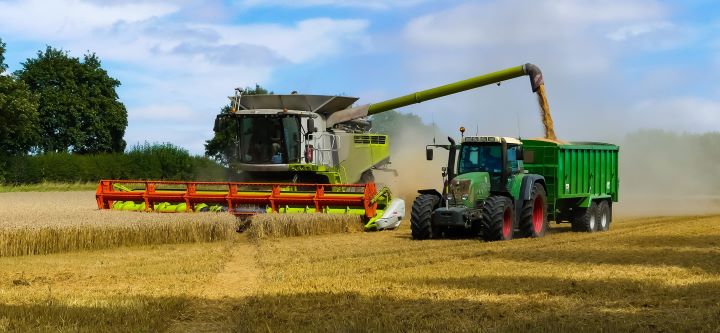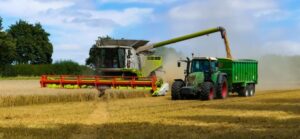Mhairi Gooch from Hymans Robertson explains why agricultural technology and sustainable farmland are good investment opportunities for Local Government Pension Scheme funds with a net zero ambition.
Agriculture is a key part of the food sector. Investment opportunities in agriculture are diverse, from real assets like sustainable farmland to the private-equity side, with vertical farming, crop-protection technologies and lab-based proteins.
However, the associated risks have to be considered carefully. The food sector is one of the greatest contributors to climate change, but also one of the most vulnerable to climate impacts. Agriculture constitutes 80% of total food-sector emissions, with the remainder associated with the processing, transport and disposal of food products. Meanwhile, agriculture is a major contributor to groundwater pollution and depletion, desertification, deforestation and biodiversity loss. All of this means that the sector must mitigate and adapt to climate change.
For Local Government Pension Scheme (LGPS) funds, agriculture provides opportunities to support environmental, social and governance (ESG) goals, including net-zero transitions, while offering a chance to invest in positive innovation. It could also tie in with the local investment agenda – the UK is supporting farmers to run sustainable, profitable and productive farming businesses, with more than £168m in grants this year to help drive innovation, support food production, improve animal welfare and protect the environment. The government also plans to accelerate the sustainable farming incentive, which pays farmers to adopt and maintain sustainable farming practices.
Against this backdrop, investment opportunities like sustainable farmland could be considered. This real asset involves the ownership of agricultural land. Returns come from the land’s capital appreciation and by deriving income from lease payments on the property or the sale of the commodities produced on it. A key focus of farmland investment is maintaining and improving the land’s productivity. ESG considerations are therefore, part of normal business within farmland management.
Farmland can contribute positively to ESG factors in several ways:
Climate change mitigation: Methods include reductions in operational emissions and carbon sequestration in soil. Renewable energy can also add value by selling excess energy to the grid or by leasing poor-quality land to renewable-energy operators.
Biodiversity and land protection: Sustainable farmland investment has a focus on protecting and enhancing biodiversity, as insects such as bees are essential for pollination and soil health.
Water conservation: Sustainable water management practices are also crucial to farmland productivity. Water management on farmland includes adhering to strict land and water-management policies as well as water-conservation practices like replenishing groundwater supplies and optimising irrigation.
Social aspects – rising inequality: Farmland can contribute to community prosperity in rural areas with greater economic challenges and fewer employment opportunities. However, investors must consider potential negative impacts on communities from high levels of institutional investment (e.g. limiting the supply of farmland for smaller private ownership). Investors should also assess the potential for positive and negative impacts on local communities.
Long-term investments
Agricultural technology and sustainable farmland are currently niche areas for investment, requiring a long-term investment horizon. Both should be considered within diversified natural capital strategies.
In the shorter term, the risks and opportunities associated with food systems are topics for engagement. Issues like resource use and deforestation within portfolio companies or the drive for more sustainable food systems can be explored in depth with asset managers.
Finally, unintended consequences are always an important consideration. For example, increasing the area of farmland to allow for more sustainable practices could reduce the land available for forestry and potentially impact carbon removal through our trees.
Agriculture is one of the biggest potential areas for change to tackle the climate crisis and other issues. But with change – whether through regulatory requirements or policy support – come investment opportunities. The journey to a fully sustainable world must factor in the balance between competing demands for our finite natural resources. And long-term responsible investors have an important role to play.
Mhairi Gooch is a senior responsible investment consultant and net zero lead at Hymans Robertson.
—————
FREE weekly newsletters
Subscribe to Room151 Newsletters
Follow us on LinkedIn
Follow us here
Monthly Online Treasury Briefing
Sign up here with a .gov.uk email address
Room151 Webinars
Visit the Room151 channel














